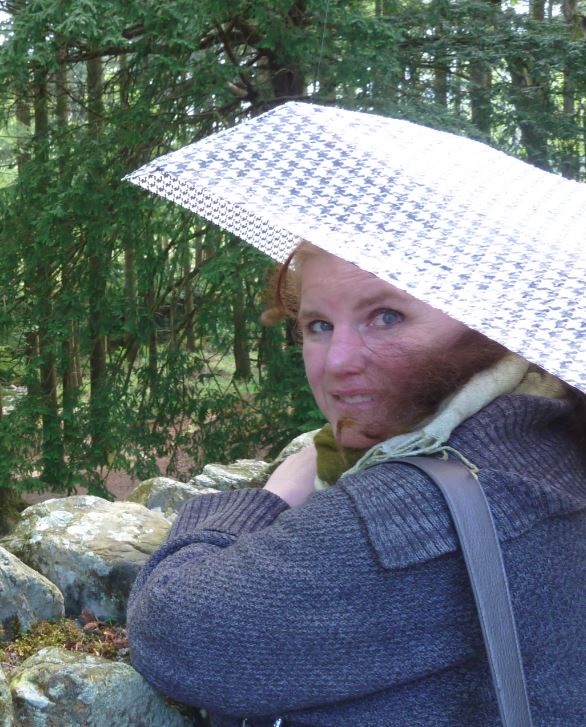The premise of this story is outstanding: just as they did in the dark ages, monasteries again become the last bastions of literacy when nuclear holocaust destroys the planet. What makes this story wonderful for me is that it is an all-star performer. It has everything a novel should have: character, location, science fiction, premise, theme, literary physics, fine writing. This book is rightfully on everyone’s “best” list. And was this a precurser for Dune, with its “Hark-Hannegan” ruling class? Moreover, there are lines that just give chills.
“I know I might have a soul.”
“You don’t have a soul. You are a soul. You have a body.”
This book is composed of three linked stories. First, a hapless monk (living in a nuclear post-apocalyptic aftermath that very likely influenced Road Warrior and other such movies and books) discovers ancient documents from their founder. In the second, several centuries have passed, and the same Order has gone on to save enough of the old world to recreate the technologies that have been lost. Lastly, a millennium later, annihilation by war befalls the world again. The book falters only in this third section, and only for a few chapters, because there is no way to tell the difference between this future society and our own... but that may have been the point!
The characters is this book bore into my heart, and their causes became my causes. That is powerful writing, and I am not quite sure how it was done. It’s an enviable skill. Would I normally care about a rather simple man who spends seven years failing to become a priest? No. Would I normally care for an abbot who freaks out at mercy killings? No. But in this book, I loved these characters. And although the characters were outstanding, so was everything else: infodump and description so deftly woven in that the story wraps around you.
I would have liked to read more books by Miller, but I will have to content myself by re-reading this one, and getting his short stories, and perhaps the sequel that was completed by Terry Bisson after the author died. This is tragic. In his old age, after decades of depression and pain, Miller committed suicide in 1996. Given how this book rails so eloquently and vehemently against taking ones’ own life, I was quite shocked to learn his end. It gives another mood to this book that I may need to investigate in future reading.
In writing, make your reader identify, appreciate, and like your character before you must take them on a journey with them, make them feel every step with their soles. And souls.

 RSS Feed
RSS Feed